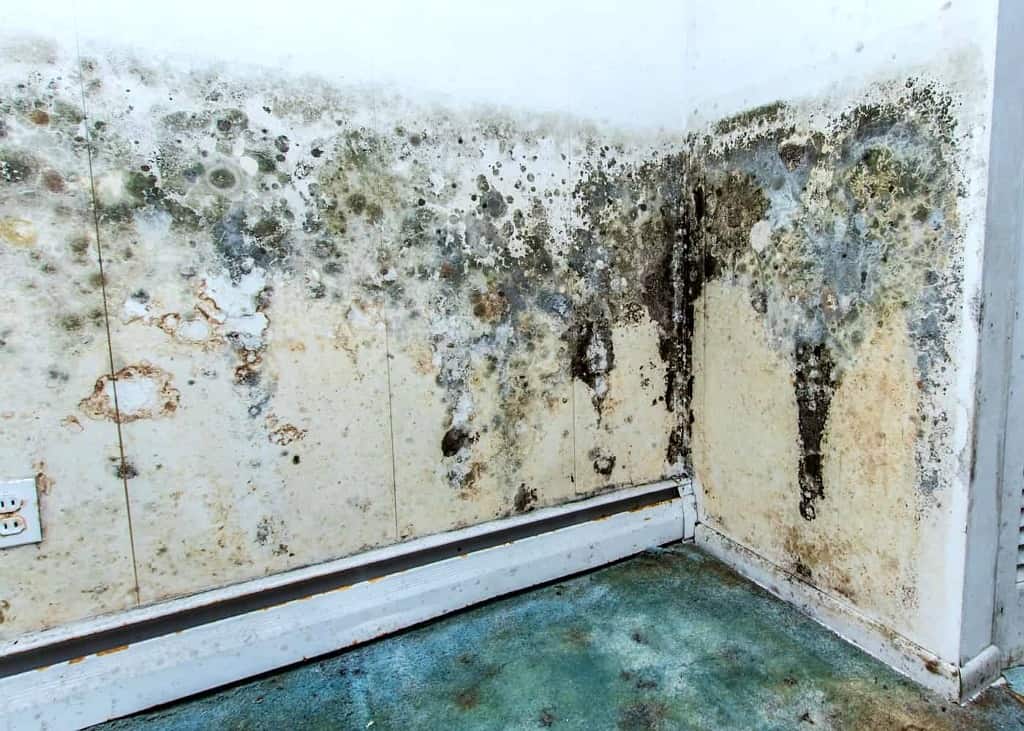Indoor Air Quality Consulting
GE’s staff have been extensively involved in the identification, evaluation and mitigation of indoor air quality complaints resulting from physical and chemical stressors in the building environment. These include interviewing of building occupants, microbiological sampling, measurements of physical and chemical parameters used to assess indoor air quality and recomendations for the implementation of corrective measures. Individual formal education, project experience and in-house training allow GE to better understand the root causes and effects associated with structures with poor air quality. GE understands how the engineering of mechanical and other building systems may contribute to poor indoor air quality and the impact upon building occupants. In addition, our staff realizes the importance of water intrusion associated with the hot, humid climate in Florida.
GE utilizes a phases study approach to economically evaluate indoor air quality problems. The initial phase includes visual inspections and a preliminary air quality screening. Based on the data collected in this phase, recommendations for corrective action or additional testing will be made. This approach minimizes client expense while maximizing results. Services include building inspections, evaluation of building components, HVAC system analysis, measurement of indoor air quality parameters, airborne fungal spore sampling, building material moisture content levels, use of a borescope to detect microbiological growth inside wall areas, public relations, and recommendations for the implementation of remedial activities. An indoor air quality assessment may include the following:
Building envelope evaluation
- Review of MSDS
- Employee awareness training
- Air/Wipe/Bulk sampling for microbes
- Comfort parameter profiling (Temp., CO, CO2 & Relative Humidity)
- Use of a borescope to visually inspect wall and ductwork interiors
- HVAC inspection
- Employee questionnaire
- Public relations
- Air sampling for chemical exposures
- Project management & supervision
- Pre and post construction, renovation & occupancy evaluations
Following the completion of air quality testing services at a facility, the remediation of hazards detected may be warranted. GE staff can design and implement the remediation of chemical and microbiological hazards located at a site. A detailed cleaning effort that may include HEPA vacuuming, biocide applications, or the removal of building components can be conducted. Following the remediation of a facility, GE staff will collect confirmatory samples to determine the efficacy of clean-up efforts.

Industrial Hygiene Consulting Services
GE will work with the client to identify, evaluate and design controls to reduce occupational exposures to physical and chemical agents. Sampling protocols and other industrial hygiene services are designed and conducted according to the American Industrial Hygiene Association (AIHA) accepted methodologies. GE can also assist in the preparation of site specific health and safety plans for the assessment/remediation of hazardous waste sites as required by OSHA 29CFR 1910.120. When these types of projects arise at a client’s structure, a detailed inspection and sampling plan will be designed. Safety is always the priority at such a site. Services include:
- Workplace hazard surveys
- Fit testing
- PCB disposal
- Right-to-know development & training
- Radiation monitoring
- OSHA compliance assessments
- Noise testing
- Ventilation & related engineering control evaluation & design
